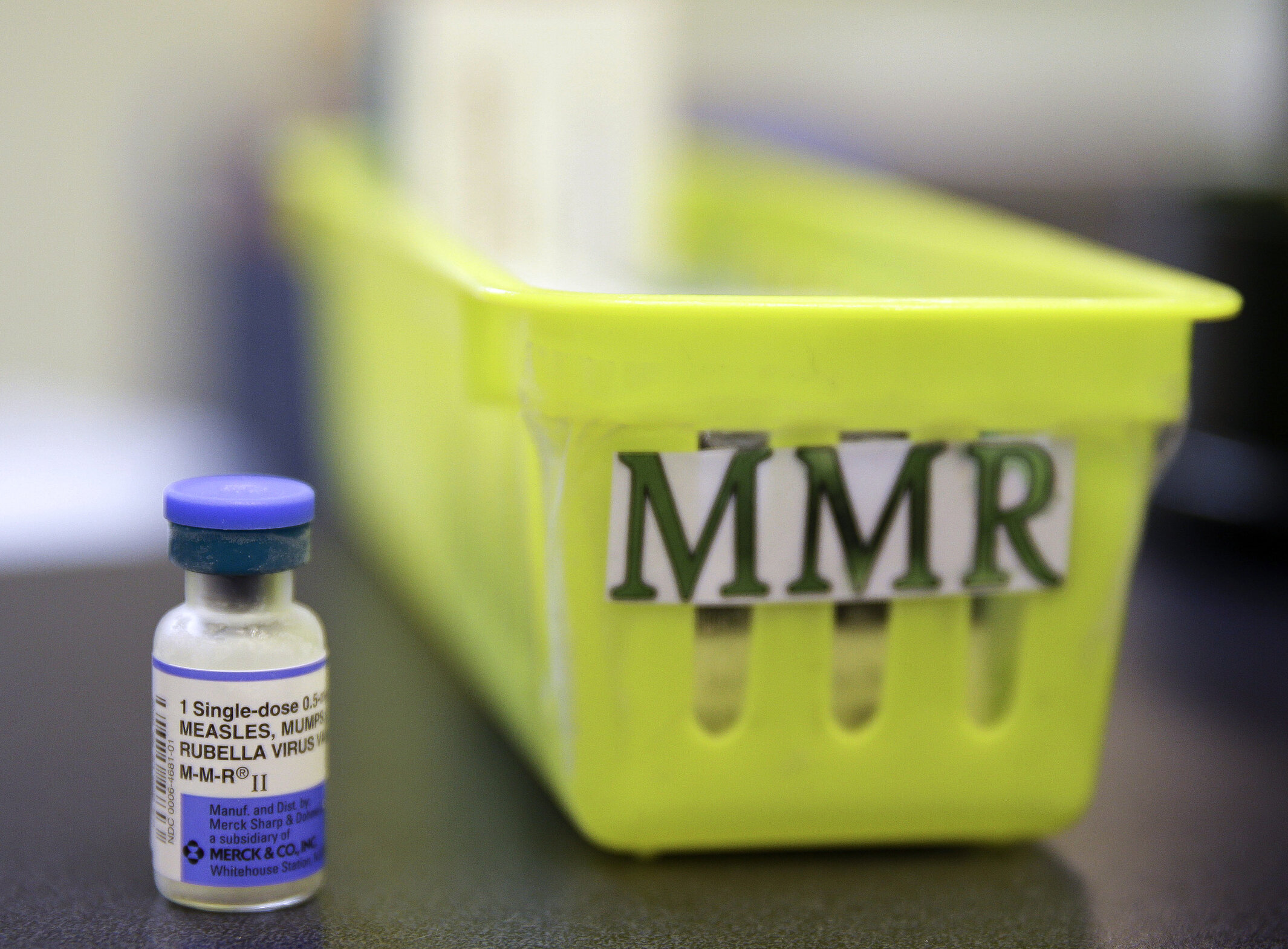An international research team led by the University of Vienna and the Medical University of Vienna has used long-term demographic data from Japanese macaques — a monkey species within the family of Old World monkeys — to show that, unlike humans, there is no maternal mortality in these primates linked to childbirth. The results of the study were recently published in the scientific journal PNAS.
The evolution of large brains and associated large fetal heads are key factors linked to maternal mortality in primates during childbirth. For humans, the baby’s large head in relation to the mother’s narrow birth canal can lead to serious birth complications. In countries with poor medical care, up to 1.5% of mothers die in childbirth as a consequence of birth. Macaques have a similar pelvis-to-fetal head ratio to humans. However, it remains unknown whether they face similar birth complications and maternal mortality as humans.
Biologists and midwives from the University of Vienna, the Medical University of Vienna, the Konrad Lorenz Institute for Evolution and Cognition Research (Klosterneuburg) and Kyoto University (Japan) have now investigated whether this is the case. Their research was based on long-term demographic data of birth and death events collected from a semi-free-living Japanese macaque population housed at the Affenberg in Landskron, Carinthia, Austria. During the 27-year study period, 281 infants were born to 112 female macaques. The semi-free environment at Affenberg offers scientists the opportunity to study the behaviour and reproduction of Japanese macaques under near-natural conditions. Since 2019, the Affenberg is affiliated with the University of Vienna (Department of Behavioural and Cognitive Biology).
No maternal mortality in macaques
“We were able to show for this population that not a single female has died in connection with the birth of her young within the last 27 years,” says midwife and evolutionary anthropologist Katharina Pink from the Department of Obstetrics and Feto-Maternal Medicine at the Medical University of Vienna and co-first author of the study. This result shows that Japanese macaques do not face the same risk of maternal mortality as humans, despite having a similarly narrow pelvis-to-head ratio.
Why childbirth appears to be less risky in macaques compared to humans remains an open question. The research team provides possible explanations for this surprising result: “We think that the pelvic girdle and pelvic floor muscles in macaques have greater flexibility during labor compared to humans and that the birth dynamics are less restricted due to differences in pelvic morphology,” says Barbara Fischer, also co-first author and scientist at the Department of Evolutionary Biology at the University of Vienna and the Konrad Lorenz Institute for Evolution and Cognition Research.
Intuitive birthing and freedom of movement
Only very few scientific reports on births of free-living, non-human primates exist so far. Most of these births take place during the night or in the early hours of the morning and are therefore difficult to observe. Birth events that have been described show that non-human primates intuitively prefer standing or squatting birthing positions and thus presumably make ideal use of the flexibility of the pelvis. ‘These observations could inspire future studies to better understand how freedom of movement during physiological birth can lead to more individualized and less invasive care for mothers,’ says midwife Katharina Pink.

